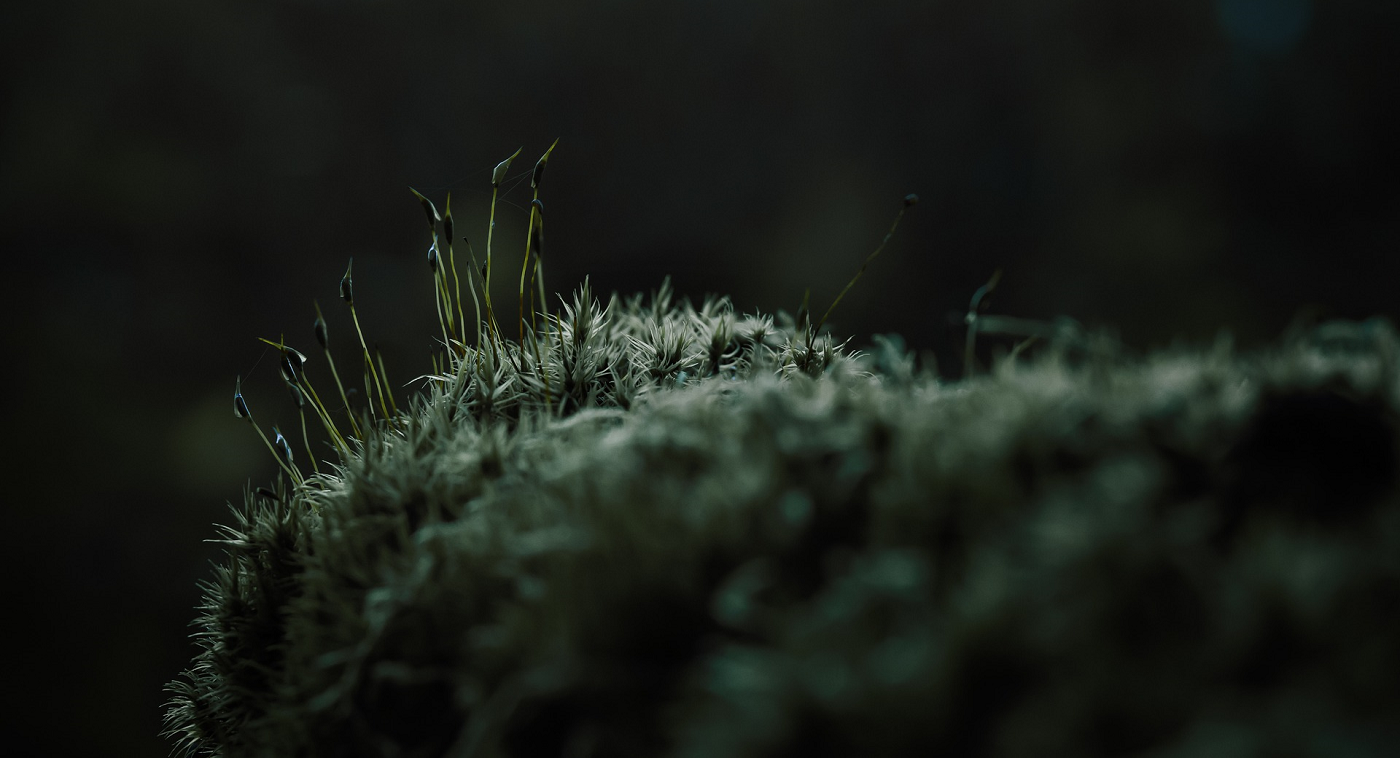Sowūhua, the Oldblood (soˈwu:hua)
Before the First Age a few tribes of the ancient sowūhua wandered south to a peninsula they named Mutōkei, the Horn at World's Edge. Amidst a weave of lakes and rivers, swamps and forests, they founded their homes of wood and clay.
Lawūhua, the Old Faith
Though others have deviated from the ancient knowledge, the sowūhua have dutifully recorded their myths into the bark of trees. They may not always get along with each other, but religion has never been the reason for their squabbling. According to the Old Faith and its followers, the universe split itself into a billion different creations, so that it might learn to understand itself. This is why humans, as part of Tau, the Everything, are born to ask questions and explore the world around them. Through their eyes is the universe able to gaze upon itself and come closer to a complete understanding.In the Claws of the Faithful
In the year 340 of the First Age an army from the north invaded the lands of the sowūhua, intent on a quick conquest of their region. They succeeded, though it took them two decades to do so. Some of the tribes, most notably those living along the eastern coast, were awarded with full citizenship after they turned on the others. But most were forced to kneel or die. The ones who lived through the aftermath of war became second-class citizens, their ethnicity turning into a stigma of the worst kind. Even those tīnonu who led and developed their lost lands were said to be tainted by their very existence. As ones without a full citizenship, the sowūhua were at the mercy of their overlords as well as other regular citizens. They could be maimed or killed or sold to slavery without an argument from anyone. Some of the poorer folk pitied them and tried to help, but even that was frowned upon. Once a farmer fed and clothed a starving sowūhua family. Once the neighbors found out, the man's home was ransacked and, without any possessions, he was forced to sell himself as a servant to any who would take him. The only places an unfortunate soul such as a sowūhuan could find a safe haven in were the Temples of Sun and Moon. Once accepted inside, they were considered one of the yilanu, the faithful, and no longer a sowūhuan. The initiated often seeked out positions which kept them within the temple complexes, so they could find some relief from the cruelty of their past life.Culture
Foods & Cuisine
The sowūhua were among the first to begin intentionally farming the edible plants around them. Of these most common by far was yoth, a type of water cabbage which was easy to grow and insusceptible to most diseases affecting the green undergrowth on the peninsula. The oldblood would plant these cabbages along the shallow parts of lakes, as well as slow-moving rivers. In addition to greens, farmed or gathered, the sowūhua would also hunt and fish in equal measure. One of these is the hiko, a small vendace-like fish living in large shoals in freshwater lakes. To catch these small, slippery creatures the sowūhua devised a handheld net made of branches and thin plant fibers woven together. From all of these they could combine a variety of different dishes, which were often placed on a leaf of yath and eaten by hand.
Funerary and Memorial customs
Living in small numbers, every death is a tragedy to any sowūhua tribe, and is treated with care and respect. The spirit of the dead, their soul, is united with the whole of universe, retelling all it has learned and seen during its journey in the world. The body remains, however. To the sowūhua, the body left behind by the dead only that. A husk which, in time, will return to the earth as the soul has returned to Tau. To help this process any bodies are buried deep into the ground, the task sometimes made difficult due to the general wetness of the soil. The burial is done by a family, and the spot is usually near the graves of other family members. There are no particular memorial rituals or traditions, as the dead are considered to be truly dead and gone, unable to be reached. This doesn't mean the people forget, however. While not a tradition per se, some people might continue to celebrate the birthdays of the dead for some time after their passing. This is often a more private and intimate affair than the birthdays of the living, used for quiet contemplation and remembrance.
Related Organizations
Related Locations

